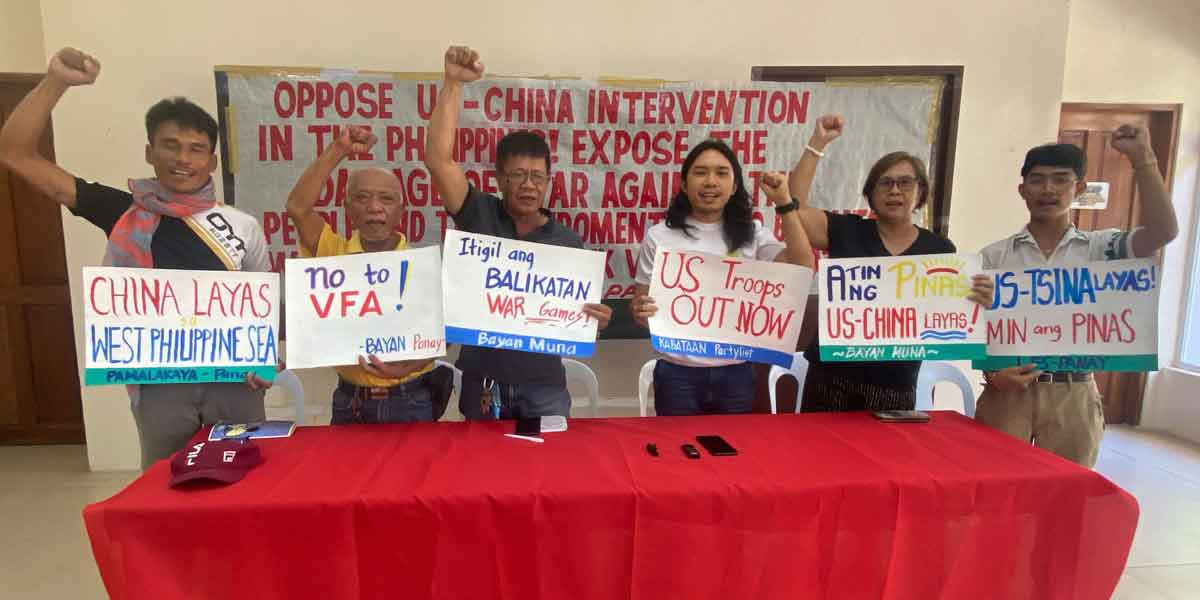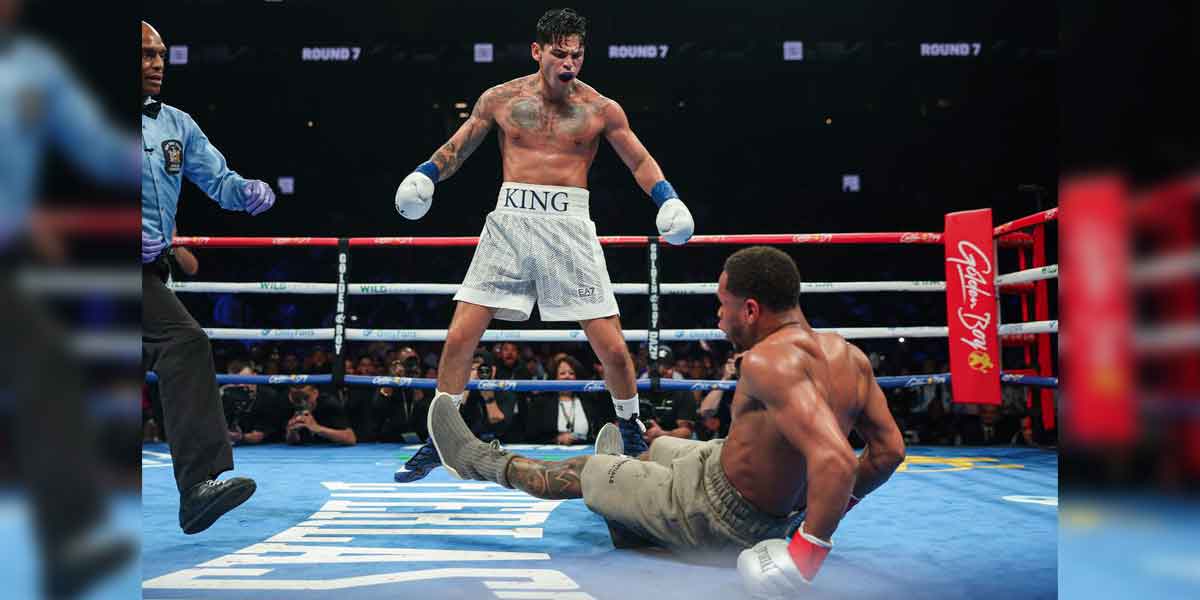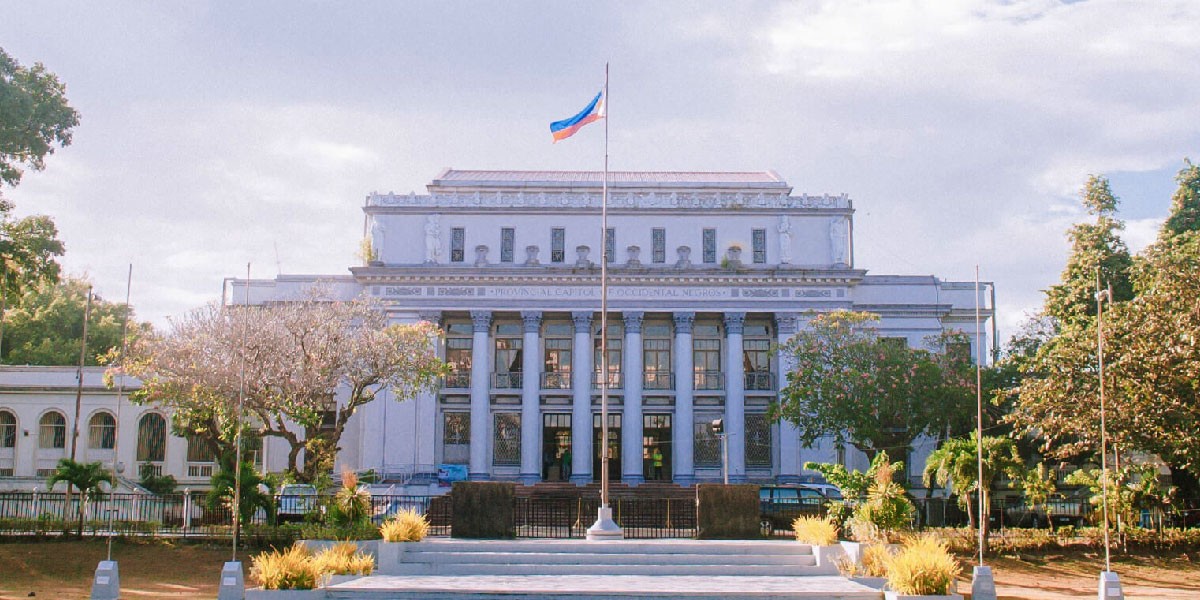 By: Manuel “Boy” Mejorada
By: Manuel “Boy” Mejorada
IT WAS Spiderman who said that “with great power comes great responsibility.”
This is something that every individual who is vested with power, particularly law enforcers, must constantly keep in mind. The badge and firearm issued to them is not a license to abuse the rights of ordinary citizens, and definitely not to kill them without justifiable cause. A law enforcer who fires his or her gun must be held accountable for his actions. It’s time we junked the usual fiction about a victim firing his weapon first, and the shooting was done in self-defense.
With this in mind, I applaud the quick action taken by the Regional Internal Affairs Service (RIAS) of the Philippine National Police (PNP) Regional Office 6 in filing a formal case against three policemen and their commanding officer for the slaying of Adonis Hontiveros one month ago in Sara, Iloilo.
The RIAS has found probable cause to proceed to the next level in which the policemen involved will be given an opportunity to present their evidence. The three policemen — P/Corporal Alfredo Bartolo Jr., P/Corporal John Michael Parcia and P/Patrolman Christopher Paclibar — were charged with grave misconduct. If found guilty, these policemen could be dismissed from the service.
Their commanding officer, P/Lt. Col. Mario Baquiran Jr., was charged with gross neglect of duty.
This administrative case is different from the criminal complaint filed by the victim’s family before the Provincial Prosecutor’s Office.
I have been monitoring this case from day one. I was listening to the news report of Aksyon Radyo Iloilo as I was driving to the airport to catch a flight to Manila. At the time, the circumstances of the case were still sketchy. But there was enough basis for me to conclude that the story presented by the policemen was false. The victim was killed in cold blood.
After about a month, the details have presented an even clearer picture, and there is no doubt in my mind that these policemen shot a defenseless individual whose only fault was being in the wrong place at the wrong time.
One glaring violation committed by the policemen was supposedly conducting a checkpoint in civilian attire. There can be no justification for this transgression of PNP rules and regulations. Policemen who take part in checkpoint duties are required to be in full uniform with their names and rank clearly displayed for purposes of accountability. This is a mechanism for anybody who is accosted at a checkpoint to be able to identify the law enforcers he or she encountered.
A checkpoint does not give law enforcers unbridled authority to do as they please, including engaging in disrespectful and discourteous conduct. It does not give them the power to fire their weapons if they feel like doing so.
Indeed, every law enforcer must constantly keep in mind that a service firearm is issued to him or her to disable or even eliminate a person who puts his or her life in grave danger. In other countries, a police officer firing a pistol or rifle is required to submit an explanation. Even warning shots into the air are discouraged. The rules of engagement are strict: an officer can only fire his or her weapon if his or her safety is jeopardized.
This case should trigger stricter enforcement of the rules of engagement among law enforcers. Accountability is the main issue. Each time a weapon is drawn and the trigger is pulled while the barrel is aimed at another person, then the officer must be able to show that the other person was armed and about to harm him or her. This is a lesson that must be pounded into the minds of our law enforcers.
Police officers are duty-bound to protect and to serve. Firing their pistols at defenseless persons, and killing them, is a grave violation of that mandate. Trigger-happy officers have no place in the organization.





















